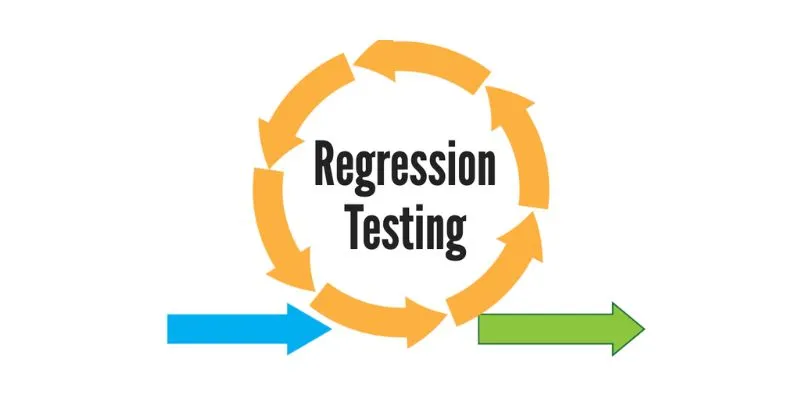
Automating regression testing can be a game-changer in software development, making it faster, more efficient, and more reliable. Let’s dive into how you can automate regression testing simply and straightforwardly. By enrolling in a Software Testing Course in Bangalore focused on automation, you can gain the skills and knowledge to implement these powerful techniques.
What is Regression Testing?
Regression testing ensures that new code changes don’t mess up existing functionality. You must rerun your tests whenever you update, fix, or enhance your application to confirm that everything works perfectly.
Why Should You Automate Regression Testing?
Manual regression testing can be a slog. It’s time-consuming and prone to human error. Automating regression testing offers several benefits:
– Speed: Automated tests run faster than manual tests.
– Accuracy: Automation eliminates human errors, ensuring consistent results.
– Coverage: You can cover more test cases in less time.
– CI/CD Integration: Automated testing fits seamlessly into Continuous Integration/Continuous Deployment (CI/CD) pipelines, facilitating faster and more reliable releases.
You can refer Top 10 Software Testing Training Institutes in Chennai for many more updates on Software testing.Steps to Automate Regression Testing
- Identify Test Cases for Automation
Not all test cases are worth automating. Focus on:
– Critical functionalities that must always work.
– Tests that are run frequently.
– Tests involving large datasets.
– Repetitive and time-consuming tests.
Ensure these tests are stable and not frequently changing.
- Choose the Right Automation Tools
Selecting the right tool is crucial. Here are some popular options:
– Selenium: Great for web applications.
– JUnit/TestNG: Excellent for Java applications.
– Appium: Best for mobile apps.
– Cucumber: Supports Behavior-Driven Development (BDD).
When choosing a tool, consider ease of use, compatibility, and community support.
- Design a Robust Test Automation Framework
A solid framework is key to maintainable and scalable automated tests. Include:
– Modularity: Break tests into reusable modules.
– Data-Driven Testing: Separate test data from scripts for easier maintenance.
– Keyword-Driven Testing: Use keywords to make tests more readable.
– Reporting and Logging: Implement detailed reporting to track and analyze results.
- Develop and Execute Automated Test Scripts
Writing effective test scripts requires understanding your application and the chosen tool. Best practices include:
– Keep Tests Independent: Each test should run independently without relying on others.
– Use Assertions: Validate outcomes using assertions.
– Handle Dynamic Elements: Address issues with dynamic elements and timing.
Once the scripts are ready, run them in your test environment. To automate execution, use CI tools like Jenkins, Travis CI, or CircleCI.
- Maintain and Update Automated Tests
Regular maintenance is essential. Update scripts for application changes, fix broken tests, and remove outdated ones. Periodically review and refine your test scripts. Software Testing Training in Marathahalli equips you to create automated tests that run quickly and consistently, freeing up your time for other critical tasks.
- Integrate with CI/CD Pipeline
Integration with your CI/CD pipeline ensures continuous testing. Configure your CI/CD tools to run automated tests on code commits, merges, or schedules. This helps in early bug detection and maintains a stable codebase.
Best Practices for Automating Regression Testing
– Start Small: Begin with a small set of test cases and gradually expand.
– Team Involvement: Work with developers, testers, and other stakeholders.
– High-Value Focus: Prioritize automation for critical and frequently used functionalities.
– Monitor Results: Regularly review test results to identify improvements.
– Continuous Learning: Keep your team updated with the latest tools and techniques.
Automating regression testing can greatly enhance your software development process by saving time, increasing test coverage, and improving accuracy. Following a systematic approach and adhering to best practices, you can implement effective automation that supports rapid and reliable software delivery. Consider enrolling in a Training Institute in Bangalore to gain the skills and knowledge necessary to leverage these benefits. Embrace automation to keep your software robust and your development team efficient. Happy testing!
Also Check: Software Testing Interview Questions and Answers